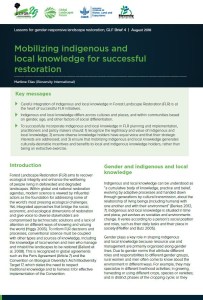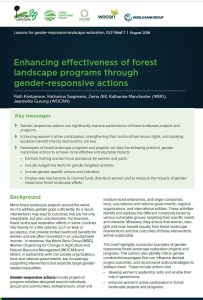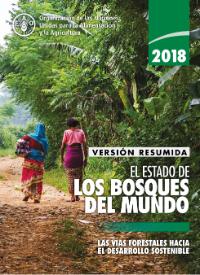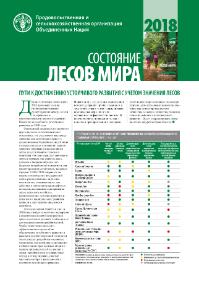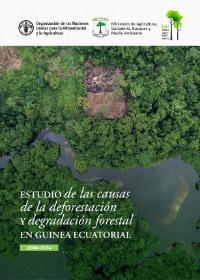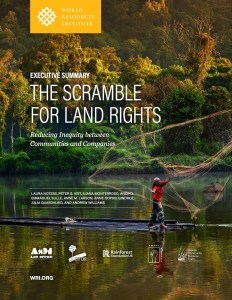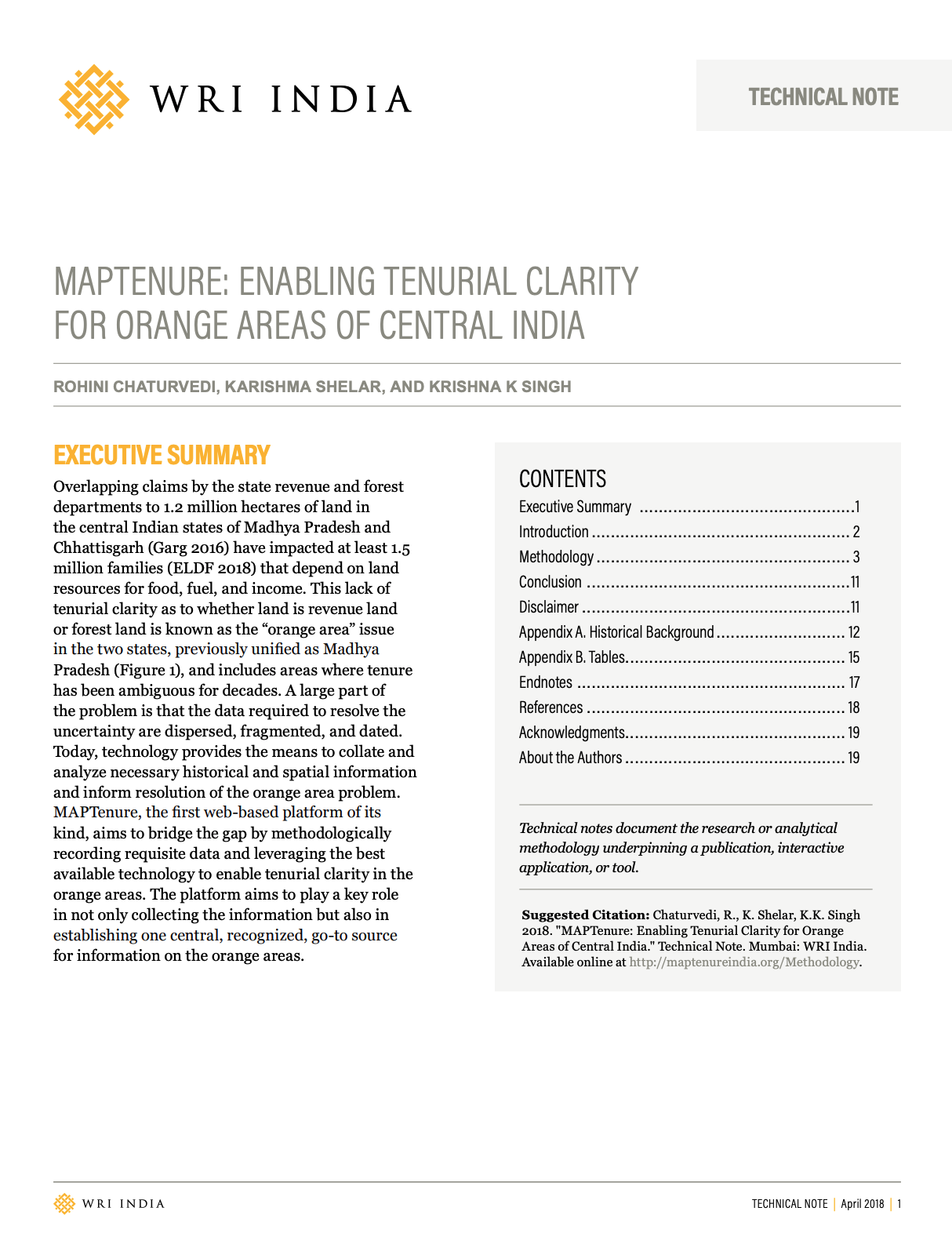Mobilizing indigenous and local knowledge for successful restoration
Forest Landscape Restoration (FLR) aims to recover ecological integrity and enhance the wellbeing of people living in deforested and degraded landscapes. Within global and national restoration agendas, modern science is viewed by influential actors as the foundation for addressing some of the world’s most pressing ecological challenges.

